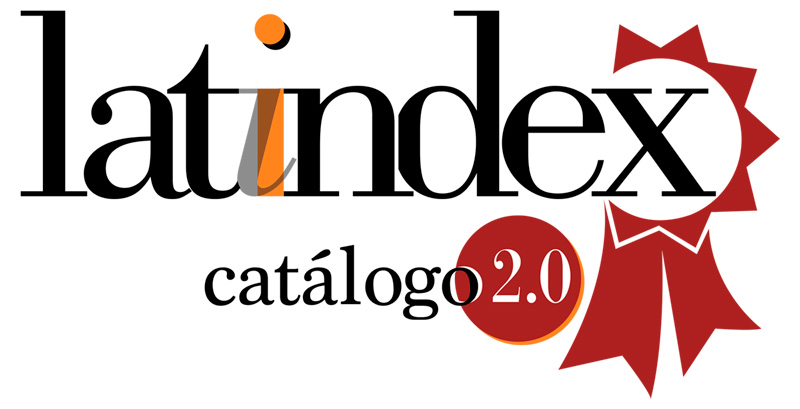Abril rojo or the return of ancient dualities
DOI:
https://doi.org/10.35626/cl.19.2022.300Keywords:
Sendero Luminoso, Terrorism, Peruvian Literature, Police Literature, Santiago Roncagliolo, Modernity, Abril rojoAbstract
This paper seeks to identify in the novel Abril rojo (2006), by Santiago Roncagliolo, the permanence of interpretive patterns about the Peruvian reality from the time of the formation of the Hispano-American republics, and represented by the motto of “civilization and barbarism”. It considers, however, that the postmodern skepticism characteristic of the 21st century prevents from recognizing any kind of positive values in modernity. Also recognizes this conflictive duality in the imagery of the spaces of the Andean rural province and of a remote Lima as the focus of power. This conflictive duality would also be present in the tense relationships that are established between the characters, representatives of different forms of that power (religious, civil and mainly military) or victims of it (natives and women). In this sense, the article presents the detective protagonist of the novel, the attorney Chacaltana, as a mediating character and at the same time torn between the opposing forces of an essential conflict in the configuration of Peruvian culture.








